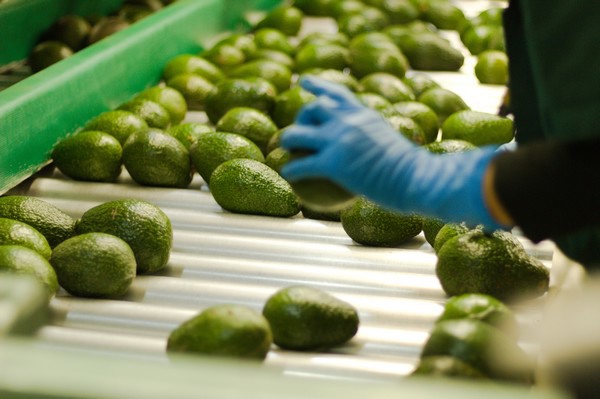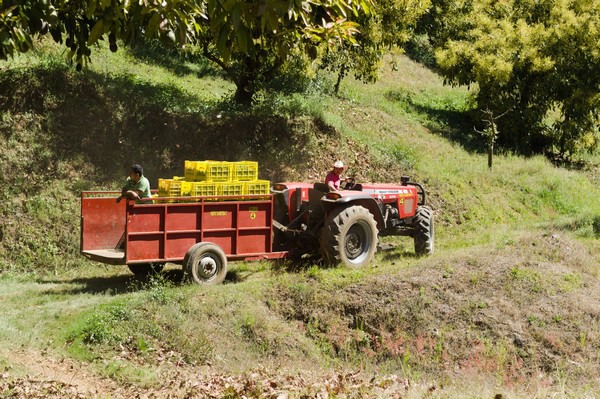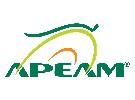Sustainable agriculture is at the heart of the United Nations (UN) 2030 Agenda because it is a fundamental step towards achieving Zero Hunger and the Sustainable Development Goals. To be sustainable, agriculture must meet the needs of present and future generations while ensuring profitability, environmental protection, and social and economic equity.

Seeking to contribute to the fulfillment of these goals, almost two years ago, the Association of Avocado Producers and Packers Exporters of Mexico, APEAM, A.C. became the first agricultural association to voluntarily join the Mexican Network of the United Nations Global Compact, which ensures the implementation of the UN's SDGs.
With the full conviction that a better world is possible and aware this will only be possible to the extent that we all unite and collaborate; APEAM is committed to being the influencing, cooperating, promoting, motivating and managing engine of sustainability in the Mexican avocado industry. To this end, APEAM has created a Sustainable Development Management and a Sustainability Committee, which have developed a Strategic Sustainability Plan focused on two main objectives: forest and water conservation.
The Forest Conservation project was launched with a baseline study to gain a better understanding of the current state of the forests in the avocado cultivation zones and its areas of influence called Agenda Verde, and over time this led to the design of strategies for their restoration and conservation, as well as the efficient planning of reforestation campaigns known as APEAM Reforesta.

The Conservation project also includes working together with the Local Plant Health Boards to implement warning and detection strategies through the Early Warning System (SATIF, CONABIO), which prepares a daily report of the hot spots recorded in the previous 24 hours and sends it to all stakeholders in the municipalities in the area.
Currently, approximately 61% of avocado orchards in Michoacán depend on natural and seasonal irrigation. Another 36% use high-tech sustainable irrigation, such as drip and micro-sprinkler irrigation. Overall, 97% of avocado orchards in the region rely primarily on sustainable irrigation practices.
Since 2021, APEAM, through the Sustainable Development Management, has provided information about its progress in its Sustainability Plan through different communication and dissemination channels, including aguacatesparasiempre.com and Avo Sostenible, the first sustainability podcast of the avocado industry, available on Spotify, Apple Podcast and Google Podcast.
 For more information:
For more information:
APEAM
Tel.: +452 503 3000
oficina@apeamac.com
www.apeamac.com
